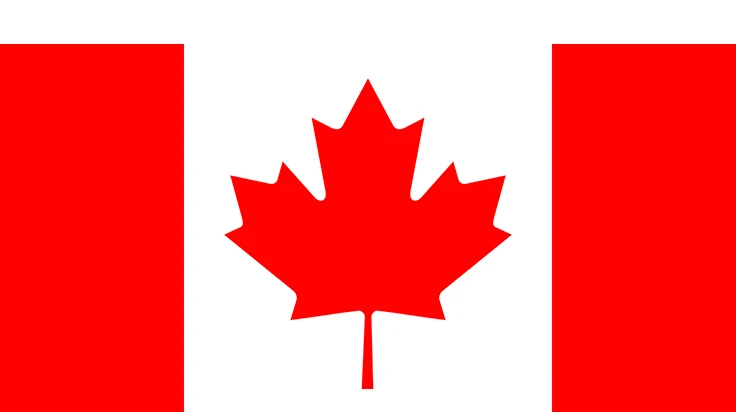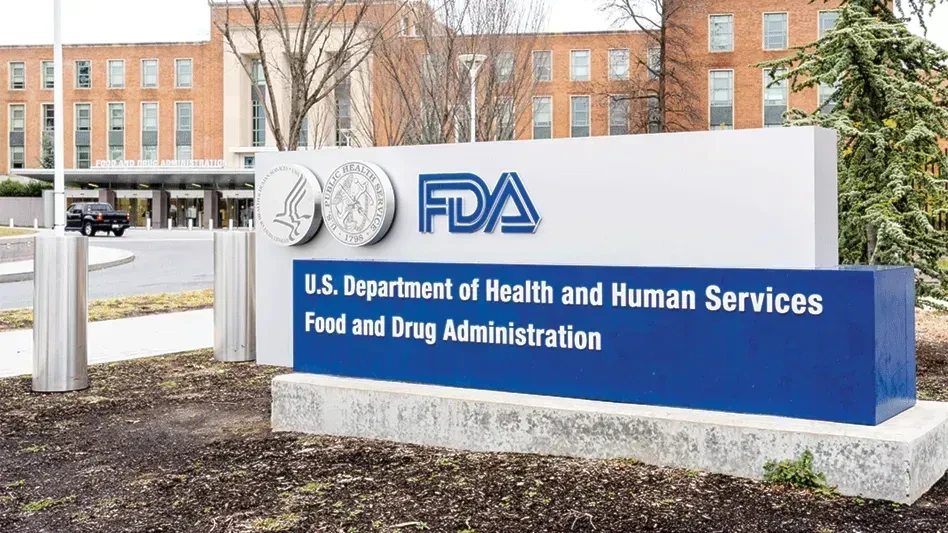
FDA signed an arrangement with the Canadian Food Inspection Agency (CFIA) and the Department of Health Canada (Health Canada) recognizing each other’s food safety systems as comparable to each other. The arrangement was signed at a meeting of FDA-CFIA Health Canada Joint Committee on Food Safety. This is the second time that FDA has recognized a foreign food safety system as comparable, the first being New Zealand in 2012. A similar system recognition process is underway between FDA and Australia and the European Commission.
By recognizing each other’s systems, FDA, CFIA, and Health Canada, have confidence that they can leverage each other’s science-based regulatory systems. For example, each partner will consider the oversight of the other when prioritizing inspection activities, but the benefits go beyond inspection and admissibility. Systems Recognition establishes a framework for regulatory cooperation in a variety of areas that range from scientific collaboration to outbreak response.
Systems recognition involves reviewing a foreign country’s domestic food safety regulatory system to determine if it has legal authorities and regulatory tools that together provide public health outcomes comparable to those provided by FDA. Domestic systems provide the baseline level of public health protection that helps assure the safety of exported foods from that country. Systems recognition will help FDA be more risk-based in planning the scope and frequency of its inspection activities, including foreign facility inspections, import field exams, and import sampling.
FDA, working with the CFIA and Health Canada, conducted a systems recognition review and assessment using the International Comparability Assessment Tool (ICAT). The process includes a comprehensive review of key elements of the country’s national food safety control system such as its relevant laws and regulations, inspection programs, response to food-related illness and outbreaks, compliance and enforcement and laboratory support.
Systems recognition is voluntary and not required in order for a country to export foods to the U.S.
For more information, see:
- Statement by Michael Taylor, Deputy Commissioner for Foods and Veterinary Medicine, on Systems Recognition Arrangement with Canada May 4, 2016
- Text of the Agreement
- International Comparability Assessment Tool (ICAT) (PDF: 394KB)
- Frequently Asked Questions on Systems Recognition
Latest from Quality Assurance & Food Safety
- Multistate Salmonella Outbreak Linked to Sweet Cream Mini Pastries
- Dr. Emilio Esteban Leaves USDA for Mérieux NutriSciences
- USDA Confirms New Strain of Bird Flu in Nevada Dairy Cattle
- Tecnologico de Monterrey Develops Nutraceutical Corn to Address Global Food Crisis
- Eurofins Healthcare Assurance Launches GMP Certification Program for Dietary and Food Supplements
- Calbee America Launches California R&D Innovation Center
- PepsiCo Completes Acquisition of Siete Foods
- Non-GMO Project Launches Non-Ultraprocessed Foods Verification




